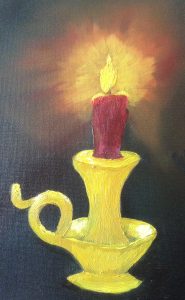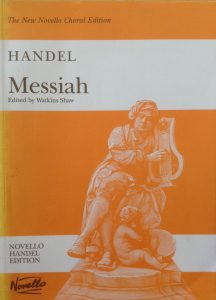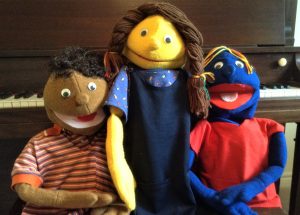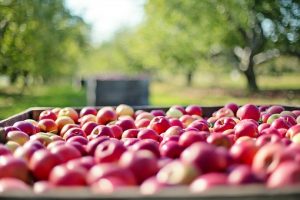
And for all this, nature is never spent;
There lives the dearest freshness deep down things;
And though the last lights off the black West went
Oh, morning, at the brown brink eastward, springs –
Because the Holy Ghost over the bent
World broods with warm breast and with ah! bright wings.
From God’s Grandeur, Gerard Manley Hopkins, 1877
There are times in life when it feels that the night has been so long that it will never be light again, times of grief or worry about a loved one struggling with illness, or when the sheer repetitiveness of daily work becomes drudgery. In the first part of this poem, Gerard Manley Hopkins sees that “Generations have trod, have trod, And all is seared with trade” and adds “nor can foot feel, being shod.” But he wants to reassure us that the Spirit of God still hovers over this formless chaos to bring new life and hope, just as it did in the creation of the earth. Every day is a new beginning, a new “Let there be light!” I’ve found comfort in this poem ever since I was introduced to it in college.
Though tragedy unfolds to his heedless people, the weeping prophet Jeremiah also sounds a note of hope:
“Because of the Lord’s great love we are not consumed,
for his compassions never fail.
They are new every morning; great is your faithfulness.
I say to myself, ‘The Lord is my portion; therefore I will wait for him.'”
Lamentations 3:22-24
When we’re tempted to give up or to despair, we need to remember that day always follows night, that God has promised to be faithful when we wait patiently for His providence. Morning will come.




